In 1932, the film White Zombie debuted as the first feature-length Hollywood horror film to focus on zombies. Directed by Victor Halperin, the movie introduced Western audiences to the concept of zombies as mindless beings controlled by occult forces. Unlike the modern flesh-eating undead, White Zombie drew heavily from Haitian Vodou practices, blending Gothic horror with mysticism. However, its legacy is intertwined with the perpetuation of negative stereotypes and stigmas surrounding Haitian Vodou, reflecting the cultural biases of the time.
The Plot: A Sinister Tale of Love and Control
Set in Haiti, White Zombie tells the story of Madeleine Short (Madge Bellamy), who travels to the Caribbean island to marry her fiancé, Neil Parker. Their plans are disrupted by Charles Beaumont, a wealthy plantation owner obsessed with Madeleine. In desperation, Beaumont enlists the help of Murder Legendre, a Vodou practitioner portrayed by Bela Lugosi, who uses dark magic to turn Madeleine into a “zombie” under his control. As Neil fights to rescue Madeleine, he uncovers the horrifying truth behind Legendre’s power and the fate of those enslaved by him.
The “Zombie” Before Pop Culture
The film’s depiction of zombies deviates from the now-familiar image of shambling corpses. Instead, White Zombiepresents them as living individuals robbed of free will through mystical rituals. This concept was inspired by sensationalized accounts of Haitian Vodou, particularly from William B. Seabrook’s 1929 book, The Magic Island, which introduced American readers to the term “zombie” and exaggerated Vodou practices for dramatic effect.
Stigmatizing Haitian Vodou
While White Zombie popularized the concept of zombies, it also perpetuated harmful stereotypes about Haitian Vodou. The film framed the religion as sinister, reducing its complex spiritual practices to little more than witchcraft and sorcery. This portrayal not only misrepresented Vodou but also reinforced longstanding stigmas against Haiti as a nation. By tying Vodou to the macabre, White Zombie fueled a narrative of fear and distrust that has continued to shape perceptions of Haiti in popular culture.
The exoticized depiction of Haiti in the film also reflected Western anxieties about race and power. The setting of White Zombie was used to emphasize the “otherness” of its characters and themes, creating a stark divide between the perceived civilization of its Western protagonists and the mysticism of its Haitian backdrop.
Bela Lugosi’s Hypnotic Performance
Despite its problematic portrayal of Haitian culture, White Zombie owes much of its lasting appeal to Bela Lugosi’s unforgettable performance as Murder Legendre. Fresh off his iconic role as Count Dracula, Lugosi brought a sinister charisma to the character, with his piercing gaze and commanding presence elevating the film. His portrayal of Legendre solidified his place as a horror icon, but it also cemented the association of Vodou with malevolence in the minds of Western audiences.
Cultural Impact and Legacy
Upon its release, White Zombie received mixed reviews. Critics praised Lugosi’s performance but were less enthusiastic about its pacing and production quality. Over time, the film developed a cult following and became a seminal work in the zombie genre, paving the way for later classics like George A. Romero’s Night of the Living Dead (1968).
However, White Zombie’s cultural impact goes beyond its influence on horror. It remains a reflection of how early Hollywood shaped—and often distorted—Western perceptions of non-Western cultures. By portraying Haitian Vodou as a source of fear and manipulation, the film contributed to the ongoing stigmatization of the religion and its practitioners.
Reclaiming the Narrative
Today, efforts are being made to reclaim and demystify Haitian Vodou as a rich and meaningful spiritual tradition. As scholars and advocates highlight its historical significance and cultural contributions, films like White Zombie serve as reminders of the need for responsible storytelling.
Conclusion
White Zombie is a landmark in the history of horror cinema, but its legacy is as complex as the themes it sought to explore. While it introduced the zombie archetype to the big screen, it also perpetuated harmful stigmas against Haitian culture and Vodou. Understanding its impact requires examining not only its cinematic achievements but also its role in shaping perceptions of Haiti and its people. As modern audiences revisit this classic, it offers an opportunity to critically reflect on the intersection of horror, history, and cultural representation.


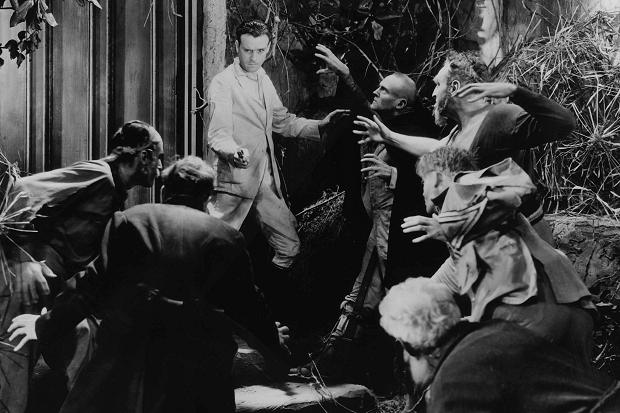

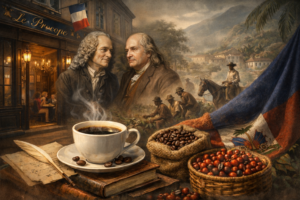
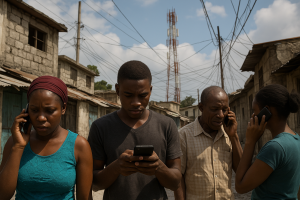


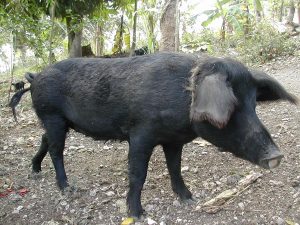

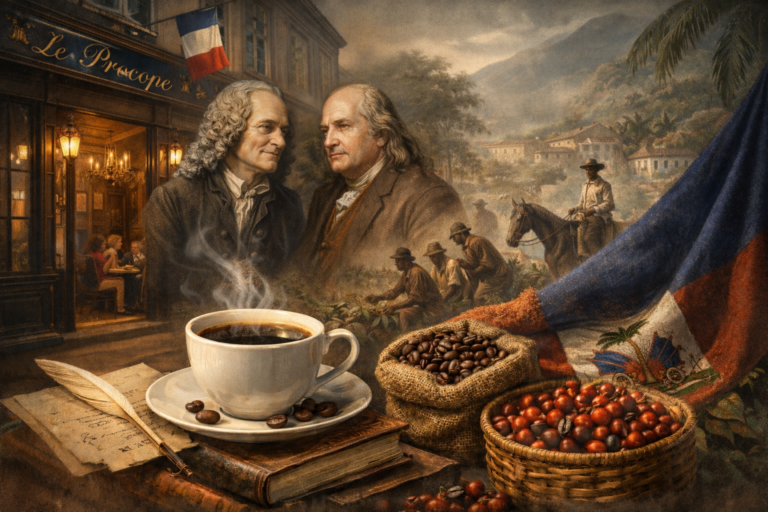
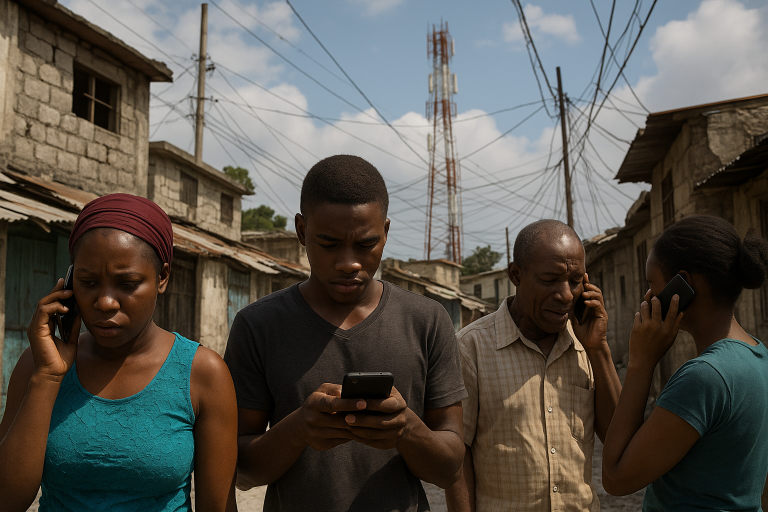
Add a comment